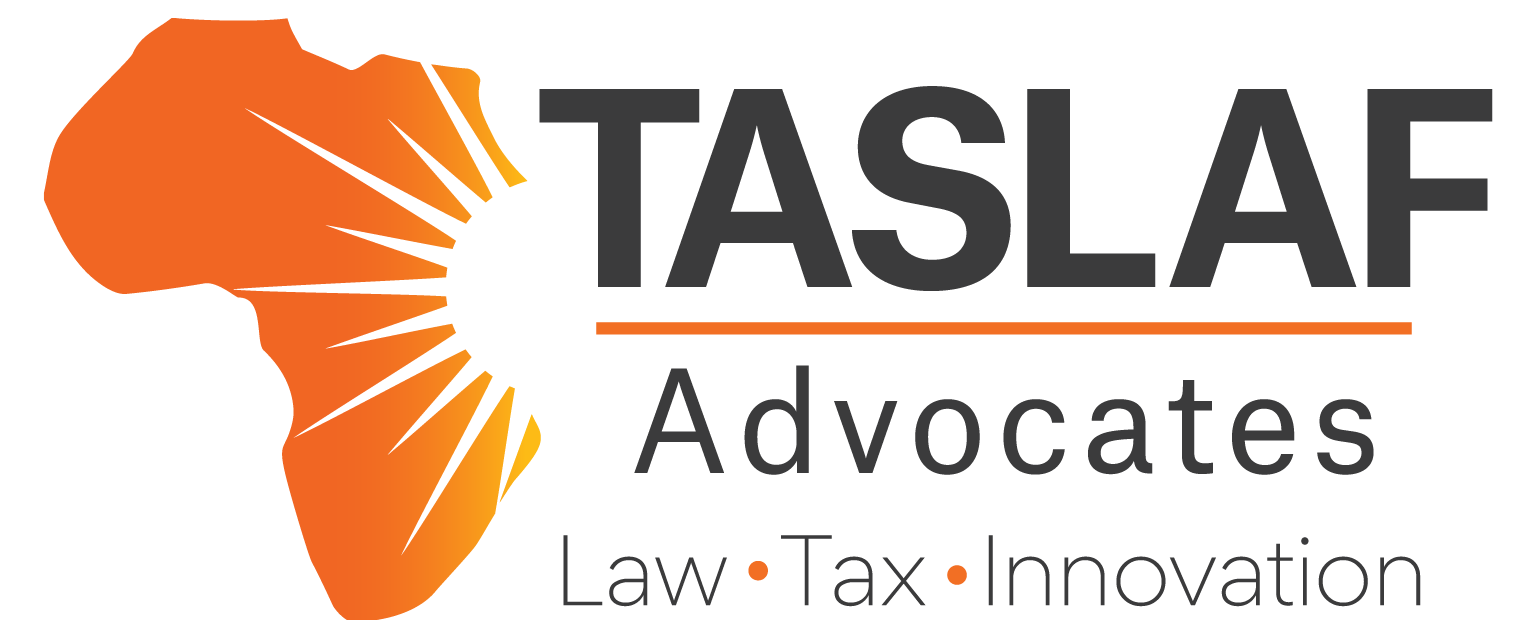CLICK, WORK, OBEY? RETHINKING GIG ECONOMY RIGHTS IN UGANDA AFTER UBER BV V ASLAM.

The rise of the “gig economy” has redefined the way work is organised. Digital platforms such as Uber, Faras, Glovo, and SafeBoda now mediate millions of transactions worldwide, connecting service providers with customers through smartphone apps.
THE 2025 TAX LAWAMENDMENTS:A STAKEHOLDER’S BRIEFING

BACKGROUNDOn the 25 th of March 2025, the amendments to the Income Tax Act Cap 338, Value Added Tax Act Cap 344, Stamp Duty Act Cap 339, Excise Duty Act Cap336, and Tax Procedures Code Act Cap 343 were tabled before Parliament by Honourable Matia Kasaija, Minister of Finance, Planning and Economic Development.The enacted amendment […]
Uganda’s New Era of Regulated Carbon Trading

Over the last half century, the global community has been gravely concerned with the adverse effects of human activities on the Earth’s climate caused by a substantial increase in the atmospheric concentrations of greenhouse gases like carbon dioxide and other pollutants.
STAY COMPLIANT: WHAT NGOS NEED TO KNOW ABOUT ANNUAL RETURNSCOMPLIANCE

Non-Governmental Organizations (NGOs) operating in Uganda are legally required to file annual
returns with the NGO Bureau. These returns serve as a comprehensive summary of the
organization’s operations over the past year, including information on governance, financial
performance, and programmatic activities.
FROM CONFUSION TO CLARITY: UNDERSTANDING THE EXPIRY AND RENEWAL OF LETTERS OF PROBATE AND LETTERS OF ADMINISTRATION IN UGANDA.

Estate planning is not just a thoughtful process for everyone to manage their
valuable assets, both during their lifetime and after they are deceased. In
Uganda, our Laws provide a clear roadmap, empowering you to make confident
decisions about how your property should be handled.
THE 2025 TAX LAW AMENDMENTS: A STAKEHOLDER’S BRIEFING

On the 25th of March 2025, the amendment bills to the Income Tax Act Cap 338, Value Added Tax Act Cap 344, Stamp Duty Act Cap 339, Excise Duty Act Cap 336, and Tax Procedures Code Act Cap 343 were tabled before Parliament by Honourable Matia Kasaija, Minister of Finance, Planning and Economic Development.
UGANDA REVENUE AUTHORITY CALLS FOR APPLICATIONS FOR EXEMPTION FROM WITHHOLDING TAX AND WITHHOLDING VALUE ADDED TAX FOR 2025/2026

The Uganda Revenue Authority (URA), in a public notice dated Thursday 1st April 2025, invited persons and entities who wish to be considered for exemption from withholding on payments made to them to submit their exemption applications for the period 1st July 2025 to 31st June 2026.
The URA will start receiving applications from the 1st of April 2025 to the 31st of May 2025. Applications are strictly made online.
LEGAL ALERT: URSB DEREGISTERS COMPANIES – IS YOUR BUSINESS AT RISK?

The Uganda Registration Services Bureau (URSB) recently struck-off over 186,000 companies that failed to file their annual returns for more than five years. Under the Companies Act, Cap 110, companies must submit annual returns within 42 days after their Annual General Meeting.
COLLECTIVE EMPLOYEE TERMINATION IN UGANDA AMID FUNDING SUSPENSIONS: ADELICATE BALANCE BETWEEN BUSINESS PRUDENCE & FAIRNESS

IntroductionThe recent suspension of U.S. government funding, following the U.S. Department of State’s directive under the President’s Executive Order on Reevaluating and Realigning United States Foreign Aid, has significantly impacted Uganda’s nonprofit sector. With funding streams abruptly halted, many NGOs are grappling with stalled operations, unpaid salaries, and mounting financial uncertainty. As organizations navigate this […]
Surviving the Storm: Key Legal Considerations for USAID and U.S.-Funded Nonprofits in Uganda Facing Donor Funding Suspensions.

Introduction The recent suspension of donor funding, follow- ing the U.S. Department of State’s directive under the President’s Executive Order on Reevaluating and Realigning United States Foreign Aid, has significantly disrupted Uganda’s nonprofit sector. Effective January 24, 2025, all affected awards have been suspended, halting operations, prohibiting new expenditures, and requiring the cancellation of outstanding […]
